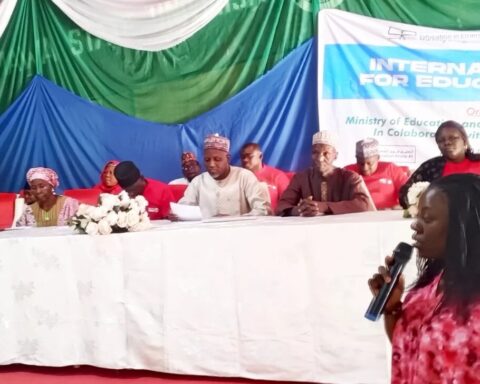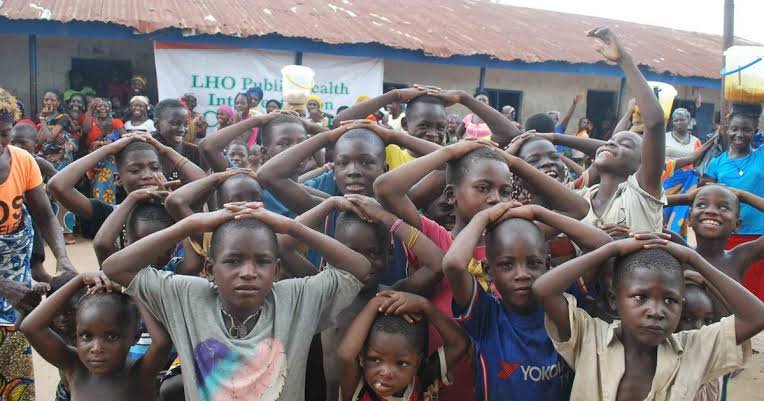Gusau, Zamfara —
On Thursday, July 11, 2025, Governor Dauda Lawal of Zamfara State officially launched a pilot school-feeding programme at Dan‑Turai Primary School in Gusau, where he joined pupils for their midday meal, underscoring his commitment to combating hunger and improving school attendance in the region.
With Nigeria grappling with one of the highest rates of out‑of‑school children globally, the initiative specifically aims to break barriers of hunger and malnutrition—key factors in low enrollment and retention, particularly in rural areas.
Governor’s Message to Communities
“This pilot feeding programme is more than just an intervention,” Governor Lawal told attendees. “It is a clear demonstration of our resolve to make access to quality education not just a right, but a lived reality for every child in Zamfara” . Seated alongside students, he symbolically shared their meal to send a message of solidarity and joint purpose.
FINPACT Development Foundation: Feeding 1,000 pupils in Gusau, Maru, Anka, and Talata Mafara
International Centre for Economic Development (ICED): Supporting 3,300 pupils in Gusau, Shinkafi, and Talata Mafara
Additional technical and financial support from UNICEF, the World Bank via the AGILE initiative.
Governor Lawal also highlighted the role of a technical committee—comprised of agency heads and stakeholders—set up by the Ministry of Education in partnership with UNICEF to assess out‑of‑school children across all 14 local government areas and begin reintegration efforts.
As part of the AGILE project, which also includes infrastructure upgrades like new teacher recruitment and school renovations, this pilot feeding scheme is being positioned as a blueprint for wider adoption across the state.
Speaking to journalists, the governor appealed to more donor agencies and NGOs to join the effort, stating: “Our goal is not only to feed pupils but to keep them in school long enough to benefit from sustained, quality learning”.
The pilot phase—with up to 4,300 students—will serve as a test to refine logistics, monitoring, and community engagement before scaling. If successful, Zamfara’s school‑feeding programme could pave the way for expanded state‑wide implementation and attract further support for Nigeria’s drive to reduce out‑of‑school rates.
Follow us on all social media platforms @dailyquery for news and analyses around the globe.


























